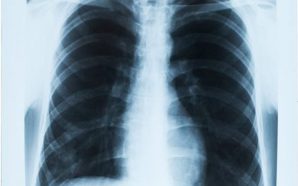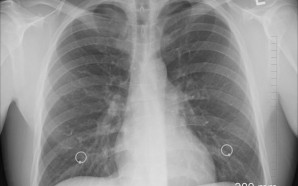-
Pneumonia is a serious medical condition. It is often caused by a bacterial infection of the lungs after the onset of a virus. Other kinds of pneumonia are not caused by bacteria but by viral infection, although they are equally serious. Medical professionals should be consulted immediately after symptoms...
-
What Does Pneumonia Look Like? The signs and symptoms of pneumonia vary from mild to severe depending on your age, your health, and the type of germ that is causing the infection. Mild symptoms and signs are often similar to a cold or flu, but may last longer. Newborns...
-
Chest colds, also known as acute bronchitis, are quite common in the winter months, when the population heads indoors to get out of the low temperatures—the viruses and bacteria responsible for such infections thrive in areas of close contact. The specific type of infection plays a large role in...
-
Group B Strep (GBS) is the most common cause of infection in newborn babies. It is a normally symptom-free bacterium that is present in up to 40% of all women. The Group B Strep is harbored in the vaginal and rectal tracts. When this bacterium goes undetected and untreated,...
-
Pneumonia signs and symptoms differ in severity and can be mild to severe dependent on a number of factors such as age, overall health, and infection type. Symptoms that are mild aren’t unlike the symptoms of the common cold or the flu but are more persistent. The issue with...
-
Pneumonia is a serious health problem that is an infection or inflammation in the lungs. It can involve one lung or affect both lungs. Pneumonia can result from breathing in droplets of infective agents or germs from an infected person’s sneeze or cough, particularly in a closed space such...
-
What is Pneumonia? Pneumonia is a general term that means “inflammation of the lungs”. Pneumonia can infect one or both of the lungs. Inflammation occurs in the affected areas to fight off the infection due to breathing in bacteria, a virus, a fungus, or any other foreign matter that...










